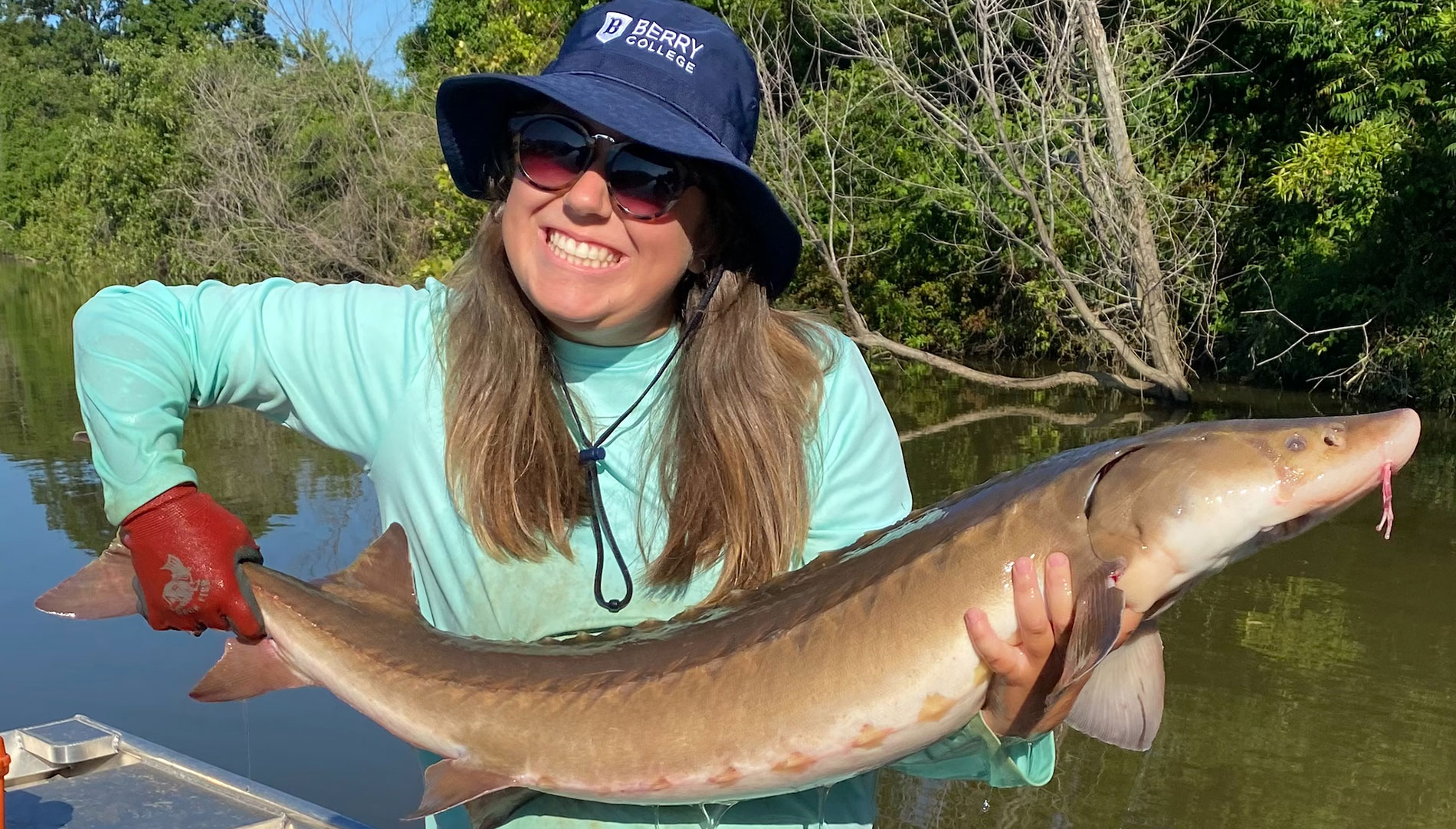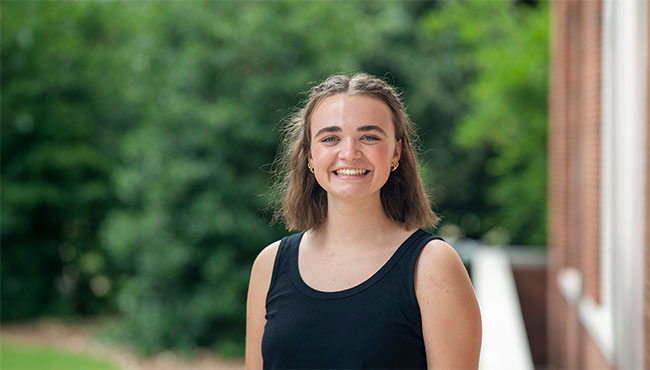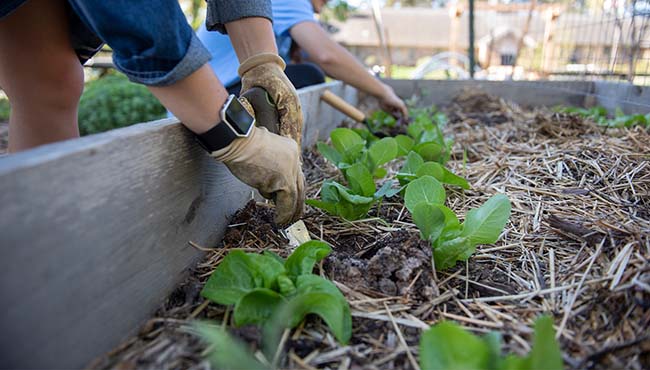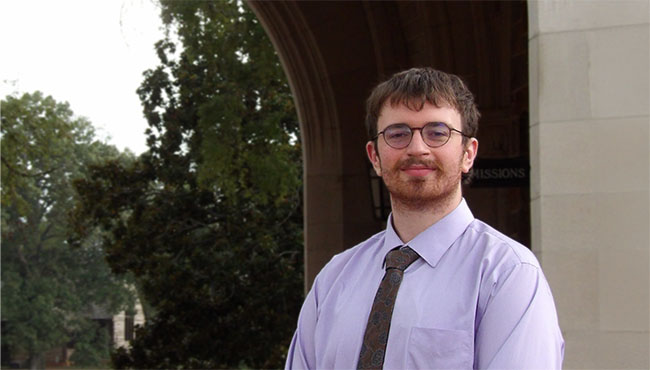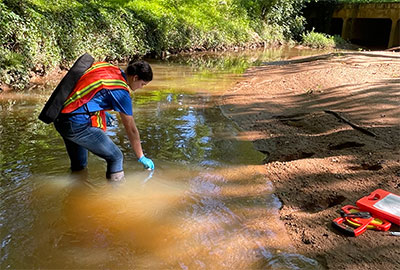
With Rome, Georgia, planning a $100-million-water treatment plant and water safety a hotly debated topic, it is no surprise that Berry College students and alumni engage in environmental work. From sampling streams to reintroducing fish populations to rivers, they impact the environment in tangible ways.
Last summer, junior Alexis Wheatley, an environmental science and studies major, secured a position as a stormwater intern in Griffin, Georgia, thanks to environmental science and geography courses as well experience with excess erosion and storm drains in her grounds crew job at Berry.
Her favorite activity involved testing streams. Using different sampling systems and technology, she measured pollution, E. coli levels, pH, turbidity, temperature and more.
“I loved understanding each stage of the water cycle within a city context,” Alexis says. “Now I’m hoping to learn more about how communities integrate environmental work into city planning as a possible career option.”
Studies in environmental science and fieldwork also sparked the curiosity of recent graduate Rebecca Fulle ’23. After contributing to Berry research on the pine snake and montane longleaf ecosystem as well as sea turtle population studies, she took a job assessing the reintroduction of sturgeon in the Coosa River, a project begun by the Department of Natural Resources (DNR) in 2002. Overfishing and habitat destruction have endangered the species.
Rebecca focused on two projects: examining sturgeon population demographics and using radio telemetry tracking to find the river environments inhabited by the fish. She set out special nets to catch varied sizes in the afternoons then pulled them in every morning.
“We would tag the fish and take fin ray samples so they could be followed and tracked and so we could assess their age,” she explains.
Within a year, the number of sturgeons found went from 20 to 80+ new fish, a sign the reintroduction is going swimmingly. Rebecca’s future is flourishing as well, including plans to pursue a master’s degree in fisheries science.
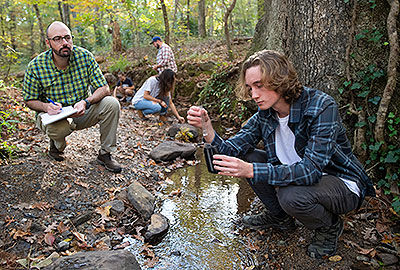
Zachary Taylor, associate professor of environmental science and studies, emphasizes how Berry students dip their toes in the real world during their college career. Groups in capstone courses partner with nonprofits and government agencies, such as:
- Working on stormwater policy with the metro-regional commission in Atlanta.
- Assisting the DNR with a comprehensive history of the Coosa Basin that examines impacts from land use and the carpet industry.
- Surveying culverts with the Southeastern Aquatic Resources Partnership to protect fish connectivity and habitats.
“This engagement is fun because it’s a professionalizing experience where students can apply what they are studying,” Taylor says. “They engage with a strong network of professionals outside of the college, and it’s exciting to see our graduates going on to all kinds of interesting careers.”
